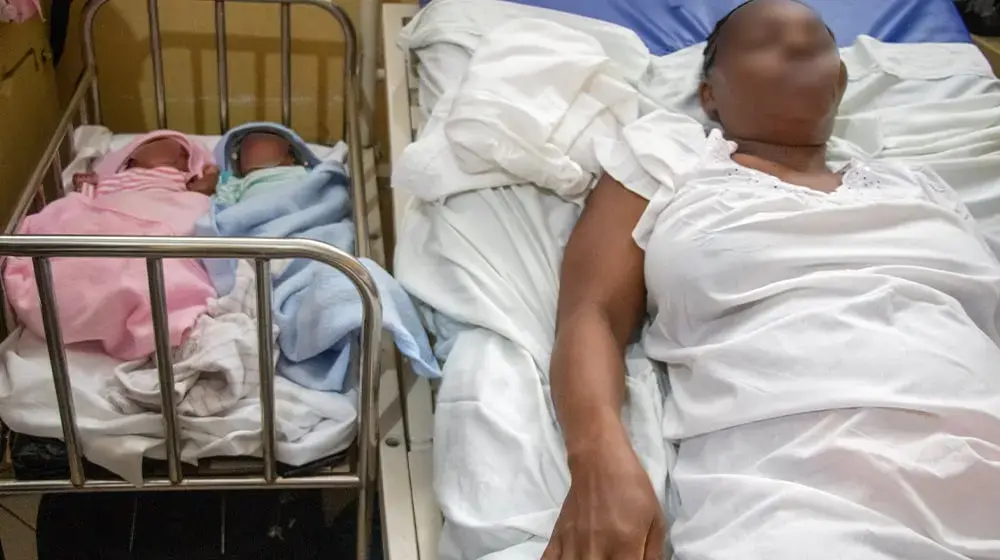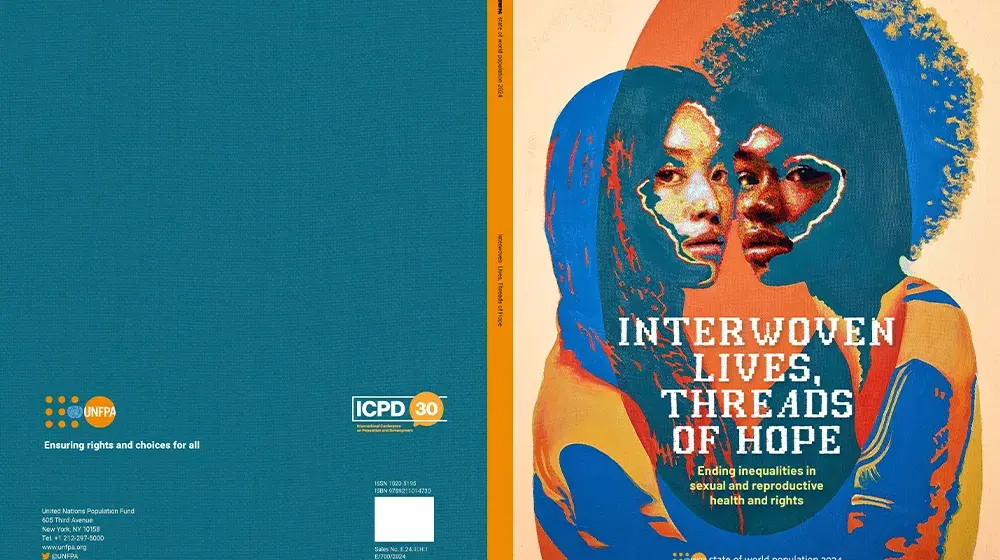UNFPA responds to priority needs of women and girls, low-income socioeconomic groups, who do not have access to sexual and reproductive health and family planning, through public health structures and NGOs. This response aligns with the policies of the Ministry of Public Health and Population and supports the implementation of the health policy in 40 of the 87 EmONCs in the country as well as the standards and protocols in the definition of which the UNFPA has been influential. At the same time, UNFPA is opening up new areas that the situation of women in Haiti urgently requires: comprehensive care for survivors of gender-based violence (GBV) and teenage pregnancy.
Normative achievements (protocols) have continued to improve the situation of women and girls. UNFPA has demonstrated its ability to manage activities related to women's and girls' access to sexual and reproductive health (SRH), family planning (FP) and comprehensive care for victims of GBV. The delays observed in these areas cannot be compensated for without significant contributions of external resources.
UNFPA support to SONUs made it possible to prevent the degradation of maternal and neonatal care despite the multifaceted crises during the period of the implementation of the 6th program, including the mobilization against Covid-19 and the restrictions of shifting.
The International Decade for People of African Descent is one of the windows in which UNFPA is inscribed to revitalize this process and advance the rights of women, girls and youth who represent the largest component of the Haitian population.
The strategy of developing the presence of midwives in EmONCs has proved its worth wherever it can be implemented. They are the link between the medical staff and the matrons. The achievements of UNFPA for the recognition of this profession, the improvement of the curriculum, the increase of cohorts by the creation of two regional branches are recognized and are in the perspective of a resolution of the challenge of the attractiveness of SONU for young professionals.
Mobile clinics are a good way to reach women and girls in rural areas, therefore the majority of the population. Mobile clinics have demonstrated their effectiveness in terms of the number of new beneficiaries. The number of these initiatives has increased over the period of the 6th program and needs to be adjusted to the increasing needs related to the multiple barriers for women to go to the nearest EmONC.
Overall, all the departments targeted by UNFPA have high concentrations of vulnerable groups who were weakened in 2016 by Hurricane Matthew, including Grand-Anse, the South, Nippes and the South-East. UNFPA mainly relies on mobile clinics to reach all vulnerable groups without access to health services. It is with mobile clinics and home visits that institutions reach the poorest, the disabled and other vulnerable people in the most remote areas. UNFPA provides support and funding for mobile clinics. She works with many different partners to support these activities.





